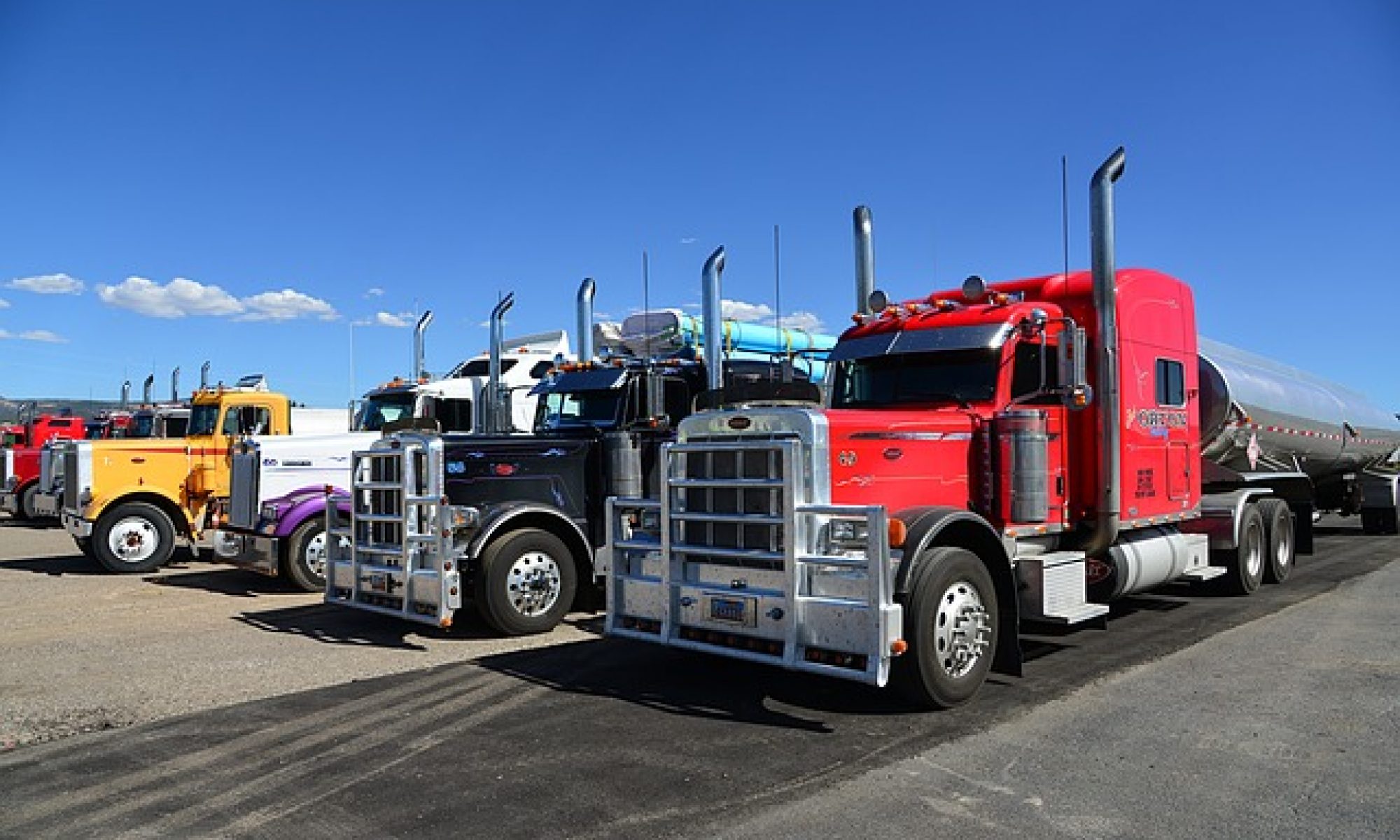When Wildfire Smoke Meets Your Chimney: How External Air Quality Events Are Changing Cleaning Requirements for New Jersey Homeowners
New Jersey residents have become increasingly familiar with the sight of hazy skies and the acrid smell of smoke drifting from distant wildfires. Recent years have seen smoke from New Jersey wildfires reported throughout the state, with smoke from wildfires in New Jersey’s Wharton State Forest being smelled in New Jersey, Pennsylvania and Delaware. But what many homeowners don’t realize is how these external air quality events are creating new challenges for their chimney systems and potentially increasing their cleaning and maintenance requirements.
The Growing Wildfire Smoke Challenge in New Jersey
Wildfire smoke is impacting air quality in multiple states, and New Jersey is no exception. Smoke from large wildfires in New Jersey has drifted into New York City, affecting air quality across the nation’s most populous city. The air quality index has hit highs of 201, which is considered very unhealthy for everyone, as a result of ongoing blazes across the area, many of which are in New Jersey.
Wildfire smoke can cause air pollution in locations thousands of miles downwind. This means that even when fires aren’t burning locally, you may be exposed to smoke even if the fire itself is far away. The implications for indoor air quality and chimney performance are significant and often overlooked.
How Wildfire Smoke Affects Chimney Draft and Performance
The relationship between external air quality and chimney performance is more complex than most homeowners realize. It’s the difference in pressure that really makes the difference. If this pressure is disrupted, then that’s when you’ll start experiencing problems with your chimney such as chimney downdraft.
During wildfire smoke events, several factors can impact your chimney’s ability to function properly:
- Air Pressure Changes: Wind acting on the building envelope can cause smoke to be sucked out of a stove or fireplace due to negative pressure in the house. Wind causes pressure changes inside as well as outside a house.
- Particulate Matter Infiltration: Wildfire smoke is a mixture of air pollutants of which particulate matter is the principal public health threat. These particles can accumulate in chimney systems, affecting airflow.
- Stack Effect Disruption: The stack effect or chimney effect is the movement of air into and out of buildings through unsealed openings, chimneys, flue-gas stacks, or other purposefully designed openings or containers, resulting from air buoyancy. Buoyancy occurs due to a difference in indoor-to-outdoor air density resulting from temperature and moisture differences.
Increased Cleaning Requirements During Smoke Events
When wildfire smoke impacts your area, your chimney system faces additional challenges that may require more frequent attention. Chimneys should be cleaned professionally at least once a year to remove creosote buildup. Remember – creosote can fuel a chimney fire that can burn down your house! However, during periods of poor air quality from wildfire smoke, this timeline may need to be accelerated.
Flue obstructions are common, mostly if you don’t regularly sweep the chimney. The build-up of creosote, soot, and other debris can gradually restrict the airflow inhibiting the venting of smoke and exhaust. Wildfire smoke can exacerbate these issues by introducing additional particulate matter into your chimney system.
Professional Assessment: When to Call the Experts
For New Jersey homeowners dealing with the effects of wildfire smoke on their chimney systems, professional assessment becomes crucial. Companies like Apex Chimney Repairs understand the unique environmental challenges that New Jersey chimneys face. With over three decades of experience, they specialize in dryer vent, air duct, and chimney cleaning services across New Jersey. Their professional, certified technicians use advanced tools to ensure your home’s safety. They believe in honest, family-oriented service, always putting their customers first.
A local business with a commitment to family values, serving all of Northern, Central, and Southern New Jersey. When wildfire smoke events occur, having access to experienced professionals who understand both traditional chimney maintenance and the newer challenges posed by external air quality events becomes invaluable.
Protecting Your Home During Smoke Events
While waiting for professional service, homeowners can take several steps to protect their chimney systems during wildfire smoke events:
- Monitor Air Quality: Check your community’s outdoor air quality using the Air Quality Index (AQI) at airnow.gov or on your phone’s weather app.
- Avoid Using Fireplaces: As much as possible, avoid burning anything indoors, including candles, gas, propane, incense or wood. You can also keep indoor air quality safe by not smoking, using a stove to cook, or vacuuming.
- Seal Your Home: You want to limit the amount of polluted outdoor air that makes its way indoors. Start by closing all windows and doors, and ideally seal up any noticeable cracks or openings in exterior walls.
The New Reality of Chimney Maintenance
Fire season is lasting longer, beginning earlier in the spring in some places and stretching later into the fall in others. With more smoke-filled days, communities are facing worsening air quality and growing wildfire-related health risks. This changing environmental landscape means that traditional chimney maintenance schedules may need to be adjusted.
For homeowners seeking reliable chimney cleaning New Jersey services, the key is finding professionals who understand these evolving challenges. Whether it’s preventing fires or improving airflow, professional services make sure your home is prepared for any season. Choose experts who use the right equipment and give you the expert care that ensures your chimney will work safely and properly for years to come.
As wildfire smoke events become more frequent in New Jersey, the intersection of external air quality and home safety requires a proactive approach. Regular professional inspections, especially following significant smoke events, can help identify potential issues before they become serious problems. By understanding how wildfire smoke affects your chimney system and working with experienced local professionals, you can ensure your home remains safe and comfortable regardless of what’s happening in the air outside.

